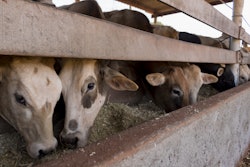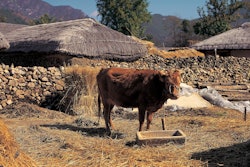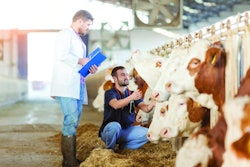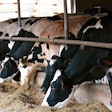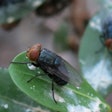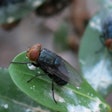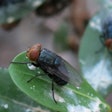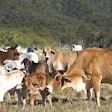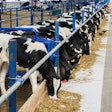
The U.S. Department of Agriculture (USDA) Animal and Plant Health Inspection Service (APHIS) has confirmed the detection of highly pathogenic avian influenza (HPAI) in a dairy herd in New Mexico, as well as five additional dairy herds in Texas, according to an April 1 announcement.
This marks the first known case of HPAI in cattle in New Mexico, and adds to the two detections in Texas that were first announced on March 25. To date, USDA has confirmed the detection of HPAI in dairy herds in Texas (7), Kansas (2), Michigan (1) and New Mexico (1). The presumptive positive test results for the Idaho herd are still pending analysis by the National Veterinary Services Laboratories (NVSL) in Ames, Iowa.
Federal and state agencies continue to conduct additional testing in swabs from sick animals and in unpasteurized clinical milk samples from sick animals, as well as viral genome sequencing, to assess whether HPAI or another unrelated disease may be underlying any symptoms.
The NVSL has also confirmed that the strain of the virus found in subsequent states is very similar to the strain originally confirmed in cattle in Texas and Kansas that appears to have been introduced by wild birds (H5N1, Eurasian lineage goose/Guangdong clade 2.3.4.4b). Initial testing has not found changes to the virus that would make it more transmissible to humans. While cases among humans in direct contact with infected animals are possible, this indicates that the current risk to the public remains low.
Also on April 1, the Texas Department of State Health Services (DSHS) reported the first human case of H5N1 in a patient who became ill after contact with dairy cows presumed to be infected with avian influenza. The patient’s primary symptom was conjunctivitis, DSHS said. DSHS, along with local, regional, state and federal partners, is investigating this ongoing situation.
Federal agencies are working with state and industry partners to encourage farmers and veterinarians to report cattle illnesses quickly so they can monitor potential additional cases and minimize the impact and risk to farmers, farmworkers, consumers and other animals. Producers are urged to work with their veterinarian to report cattle illnesses quickly and practice enhanced biosecurity measures.


